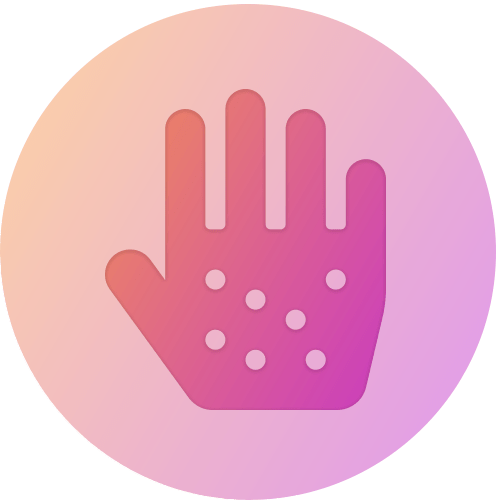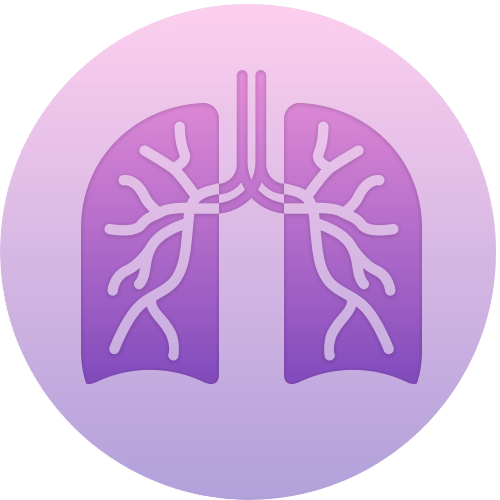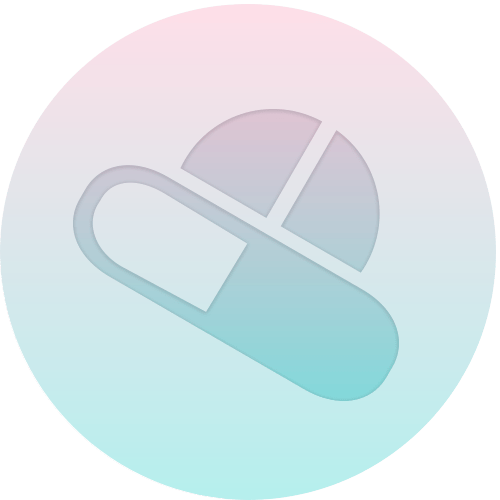How to build your immune system weapons WITHOUT supplements

Many of you have asked me the same question recently – “Is there something we could be doing right now when we don’t feel sick to boost our immune system?”
My reply is always the same: the first thing you could be doing to give your immune system a boost is to get a flu vaccine done as soon as it is available. We need to teach our immune system to build weapons to deal with a virus that our body has never seen before. And also teach our immune cells to know what to do when we see the virus again in future.
Let’s put this into the context of COVID-19. So, what happens when you become infected with COVID-19? Firstly, the virus is going to start reproducing inside your body and our immune cells will jump into action to start building specialised troops and intelligence to fight off the virus. There is usually a lag time in this exercise but essentially our immune system will produce a whole bunch of troops (macrophages) and weapons (antibodies). It’s usually around this time when we will be feeling the symptoms of the infection (e.g. sore throat, headache, fever etc.). You’re probably thinking that your body isn’t responding, but what’s really happening is the opposite – our body is actually working to fight off the virus! If we ever get exposed to COVID-19 in the future, our immune system has so many antibodies and memory cells, they are just going to kill the virus before we even realise it. Although, one-way COVID-19 could get around this is by mutating into a slightly different form so that our immune system does not have the right antibodies and white blood cells to fight it.
Now some of you may ask me if COVID-19 is not in the flu vaccine this year, then is there a need to get a flu jab? My answer is simple – of course, you need to. Even though a flu vaccine will not protect you from COVID-19, it can protect you from all other common strains of influenzas that are equally capable of infecting you. If you had a flu vaccine and still develop symptoms similar to the symptoms of COVID-19, then your doctor will be able to swiftly assist you in getting the necessary care that you need.
The second thing you could do to help with your immunity is by reducing unnecessary stress. Everyone has stress and its part of life. We are living in an era of stress. We have been worrying about the coronavirus for months and now we have to worry about the lockdown at home, grocery shopping, even the stock market! A little bit of stress now and then can act as a motivator to help us rise to the occasion. It also can stimulate our body to produce a short burst of a hormone called cortisol to boost our immunity. However, a consistently high level of stress can take a toll on our immune system. Having too much cortisol can reduce our body’s lymphocytes level and hence our ability to fight off infection. So, the bottom line is to stop stressing! Your immune system does a better job when you’re not stressed. (This is obviously easier said than done but check out my last email for useful tips for coping during this uncertain time).
Thirdly, exercising regularly whenever you can is a gold standard to become immunologically fit. This is because when you exercise, your circulation increases and your white blood cells can provide you with more cycles of surveillance throughout your body and hence increasing the chance of picking up and destroying any sinister viruses or bacteria that could potentially harmful to your body. The ministry of health recommends everyone to be as active as possible with at least 5 hours of moderate or 2.5 hours of vigorous exercise spread throughout the week. My advice for the elderly is to get as much exercise as your body allows because quite frankly anything is better than nothing. I generally advise people to start low and go slow because if you suddenly going for a half-hour run which you are not used to, you could be spiking your stress hormone and compromising your immunity.
Fourthly, getting well-rested sleep is very important to fight off infection. Studies have shown that people who don’t get enough sleep are more likely to contract a cold when they are being exposed to one. Lack of sleep also suppresses your recovery time. This is because when you’re sleeping, your body produces proteins called cytokines which are important when you have an infection to fight off. It’s recommended that most adults require 7 to 8 hours of sleep each night, teenagers need 9 to 10 hours and children need 10 hours or more.
Last but not least, eating a balanced diet is very important. In particularly consuming more fibrous foods such as vegetables and fruits can improve the level of good bacteria in your gut and sequentially giving our immunity a necessary improvement. They also contain vitamins A and C, which play a crucial role in immunity.
I hope you are all doing well in your bubbles!
Chris
Pharmacist


















